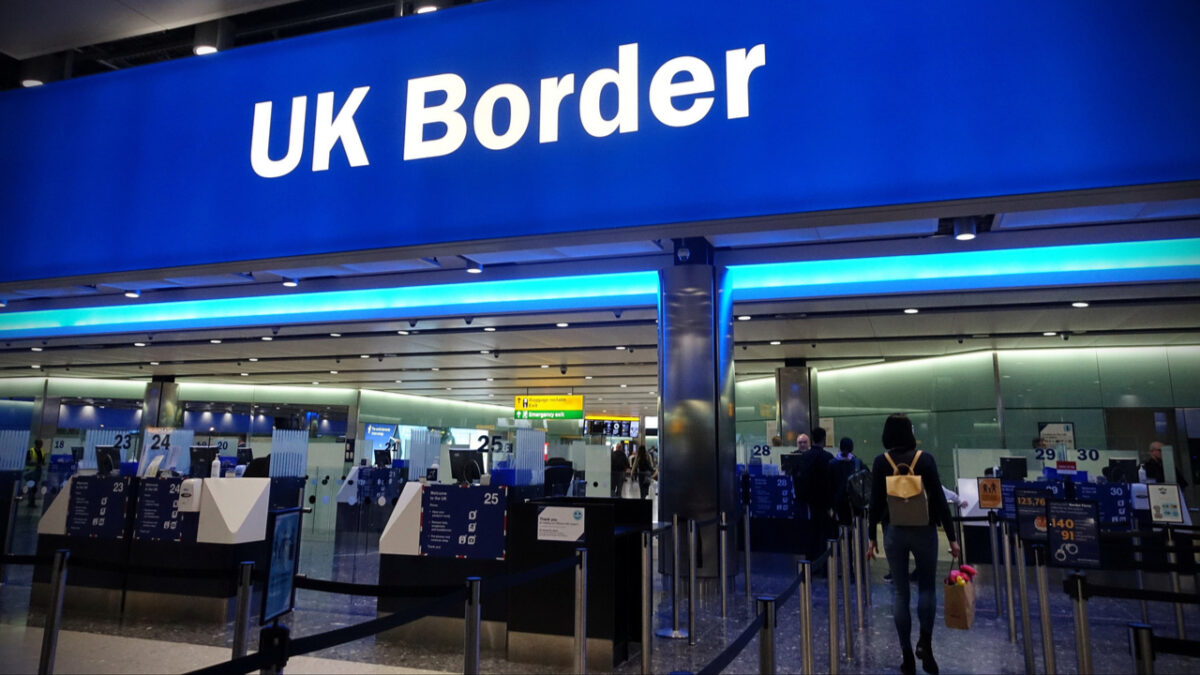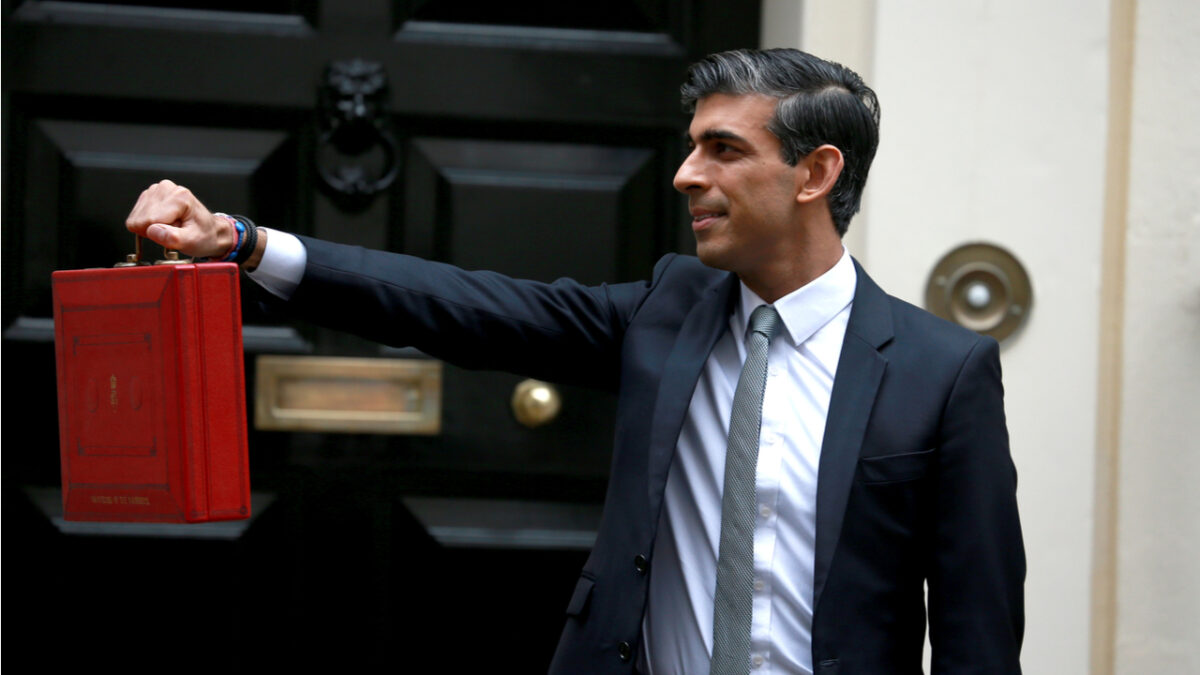What is changing?
Commercial tenants are currently protected from eviction until 25 March 2022, to provide businesses with breathing space and help protect jobs when certain industries had to close in full or in part during the pandemic. A voluntary code for commercial landlords and tenants was introduced in June 2020, encouraging landlords and tenants to negotiate and settle rent arrears where possible.
This has now been replaced by a new voluntary Code of Practice (“the Code”), which will establish a legally binding arbitration process for commercial landlords and tenants who have not already reached agreement on existing rent arrears. The Code sets out that, in the first instance, tenants unable to pay in full should negotiate with their landlord in the expectation that the landlord waives some or all rent arrears where they are able to do so and/or agrees a payment plan, limited to 2 years.
When does the Code apply?
The Code applies to all commercial leases held by business tenants that have built up rent arrears (including service charges and insurance) due to an inability to pay, caused by being forced to close or cease trading as a result of the pandemic. This includes the hospitality, retail, leisure and manufacturing sectors. The arrears must have accrued during a ring-fenced period, being from 21 March 2020, when business closures first came into force, to the date when specific restrictions were last removed for that relevant business sector (“Ring Fenced Debts”).
The business tenants must have a “viable” business. There is no set definition of viability and the parties are asked to consider whether the business tenant, aside from the Ring Fenced Debts, has or will in the foreseeable future have, the means and ability to meet its obligations and to continue trading. If a tenant business has not been able to pay any rent since Covid restrictions were lifted this may be evidence that the tenant business is not viable.
The Negotiation Process – what you need to show
The Code promotes a settlement that preserves – in so far as possible – the tenant business and the jobs that it supports, without undermining the solvency of the landlord. Tenants will need to show landlords sufficient evidence to substantiate their need for assistance with rent. Landlords should also make clear to the tenants the impact of late or non-payment of rent on their own circumstances.
Evidence will vary depending on the specific circumstances but could include, existing and anticipated credit/debit balance, business performance since March 2020, overdue invoices or tax demands, exceeding overdraft limits, creditor demands, loss of important contracts, insolvency of a major customer. When considering what is affordable for either party, this should not include restructuring, borrowing, or the taking on of further debts.
Binding Arbitration – if there is no settlement
Where the parties are unable to reach a settlement, The Commercial Rents (Coronavirus) Bill (“the Bill”) introduces a binding arbitration process.
- Step 1 A letter of notification: the landlord or tenant must notify the other party of their intention to pursue binding arbitration. At this point the party will be expected to submit a proposal for settlement of Ring Fenced Debts, supported by any appropriate evidence of affordability.
- Step 2 The other party may respond and can either accept the proposal made or submit a counterproposal.
- Step 3 An application by either the landlord or the tenant together with a fee: the application must include the notification sent during the pre-application stage, their proposal for resolution and relevant supporting evidence.
- Step 4 The other party will then have 14 days to submit their own proposal, together with any supporting evidence. Following that, the parties will have the opportunity to submit revised proposals for what the arbitrator’s award should be.
- Step 5 Both the landlord and tenant will then be given the choice of a public hearing or, if neither party asks for a hearing, the arbitrator will consider the matter based on the documentation provided.
- Step 6 The arbitrator will seek to conduct a hearing no more than 14 days from the receipt of a request for one. The arbitrator will decide how to conduct the hearing, which should not last more than six hours.
- Step 7 The arbitrator will consider their decision based on the written evidence and any hearing and notify parties, within 14 days of a hearing, of the award made. The arbitrator’s award will be legally binding.
Timeframe and Fees
Parties will be given 6 months from the date the Bill comes into force to apply for the arbitration process. It is currently anticipated that the Bill will be passed by 25 March 2022 (being the date upon which the current protection for commercial tenants expires). The fees payable for arbitration will be payable in advance and are yet to be decided. The fees are expected to be variable; with a sliding scale, relative to the size of the rental arrears owed, used to determine a fee cap and ensure it is proportionate for each case.
Prevention of other Enforcement Action
It is important to note that the Bill will prevent other remedies from being exercised in relation to the Ring Fenced Debts, until either a settlement has been reached or the 6 month timeframe for applying to the arbitration system has passed.
Landlords will not be able to issue debt proceedings nor enforce any judgments obtained in relation to ring-fenced debts between 10 November 2021 and the end of the 6-month window for arbitration. Landlord’s will also not be able to take any action through the Commercial Rent Arrears Recovery procedure nor commence any insolvency processes.
PRACTICAL POINTS – what landlords and tenants need to consider
- Landlords will want to consider carefully the long-term impact of tenant businesses failing and leaving their property empty and liable to business rates.
- Tenants should be proactive in approaching their landlord and providing sufficient information about the impact that the pandemic has had on their business.
- Transparency is important for both parties as agreements struck on the basis of false or misleading information are unlikely to be enforceable.
- Landlords should not seek historic financial information or personal guarantees from tenants where none were provided when the lease commenced. The lease remains an ongoing contract between the parties and should only be varied to reflect the impact of the pandemic upon both parties.
- Agreements made conditional upon future rent payments or payments towards arrears of rent being honoured by tenants should be flexible enough to accommodate future trading restrictions that the Government might have to impose to manage the pandemic. Future commitments might best be framed by reference to the number of days a business is able to trade normally, such after trading for X days the tenant will pay £y.
For further questions please contact Michael Shapiro directly on: [email protected] or 0207 822 2246, or Mark Richardson directly on [email protected] or 0207 822 2240.
© 2021 GSC Solicitors LLP. All rights reserved. GSC grants permission for the browsing of this material and for the printing of one copy per person for personal reference. GSC’s written permission must be obtained for any other use of this material. This publication has been prepared only as a guide to provide readers with general information on recent legal developments. It is not formal legal advice and should not be relied on for any purpose. You should not act or refrain from acting based on the information contained in this document without obtaining specific formal advice from suitably qualified advisors.











